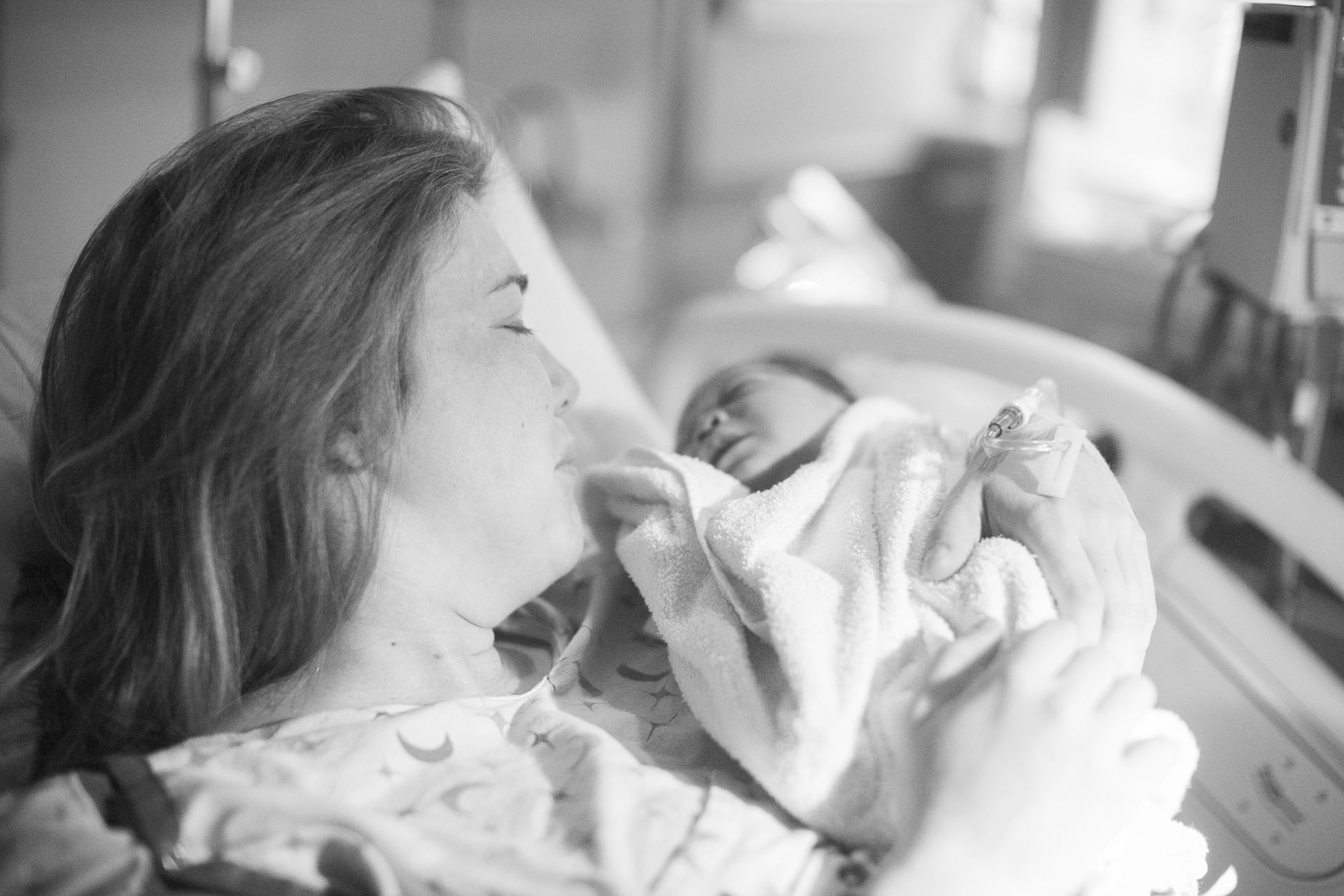"One of the highlights of my job is being in the position to help and support women to have happy, healthy pregnancies, especially when this can be such a vulnerable time in any couple’s life. I am truly passionate about this. I also love seeing successful results in more complicated pregnancies.
Why did I choose Ob/Gyn – because there are very few jobs in life where you come home in the evening knowing that you have made a difference."

About Professor Barry O'Reilly
Professor Barry O'Reilly's philosophy for patient care is based on the importance of carefully informing patients of their choices and then formulating an individual care package for each woman and each pregnancy.
His understanding manner is central to his personality, work and ethics.
He has decades of vast experience when it comes to labour ward obstetrics, especially with women who have been through traumatic childbirth experiences in the past.
Barry is intensely committed to ensuring the highest possible standard of care to each woman during their pregnancy and delivery.
Specialist training
Since graduating from the Royal College of Surgeons Ireland (RCSI) in 1991, Barry has put in almost three decades of hard work and dedication to his career and vocation.
This included specialist training from 1995 to 2001, in London's St. Thomas's and Guy's Hospitals. It was during this period that Barry carried out research that investigated the causes of bladder over-activity, for which he received a Doctorate in Medicine.
Realising the great unmet need for women suffering from pelvic floor problems, Barry relocated to Melbourne, Australia, where he undertook a Fellowship in Urogynaecology and Pelvic Reconstructive Surgery at the internationally renowned centres of the Royal Women’s Hospital and Mercy Hospital for Women.
He was honoured to be admitted as a Fellow of the Royal Australian and New Zealand College of Obstetricians and Gynaecologists and subsequently appointed Consultant Obstetrician and Gynaecologist and Senior Lecturer in Obstetrics and Gynaecology with the Mercy Hospital for Women and the University of Melbourne in 2003.
In 2004, he made the decision to return to Ireland, feeling that his own country was not only his home, but the perfect place to settle down with his family. In Cork, he took up a post as a Consultant Obstetrician and Gynaecologist and began setting up the Urogynaecology Centre in Cork University Maternity Hospital.
Barry went on to bring together national experts in Female Urology and Urogynaecology, to create the CFI - the Continence Foundation of Ireland; an organisation that has gone from strength to strength since its inception. The CFI represents the interests of both patients and professionals in the fields of prolapse and urinary incontinence. As part of the CFI's work, Barry has led on strategy and produced the, “National Continence Strategy for Ireland – a Ten Year Plan” - a document and plan of action for Ireland's Health & Safety Authority (HSE).
Barry has developed a strong and internationally respected research program in various areas of female pelvic floor dysfunction, in particular, looking at the effects of pregnancy on the pelvic floor and ways of managing the devastating effects of pelvic floor damage resulting from pregnancy.
He is a past member of the executive board of the Institute of Obstetrics and Gynaecology in Ireland and on the National Clinical Advisory Group which is responsible for the development of national evidence based guidelines for obstetrics and gynaecology.

He is on the executive board of the European Urogynaecology Association and has been on various committees of the International Urogynaecology Association (publication, scientific and educational).
He is a Clinical Professor in the department of Obstetrics and Gynaecology at UCD and Director and Professor of the ASSERT centre at UCC.
The ASSERT centre is focused on the future of medical and surgical training and researching the challenges of how we will train the next generation of healthcare professionals.














